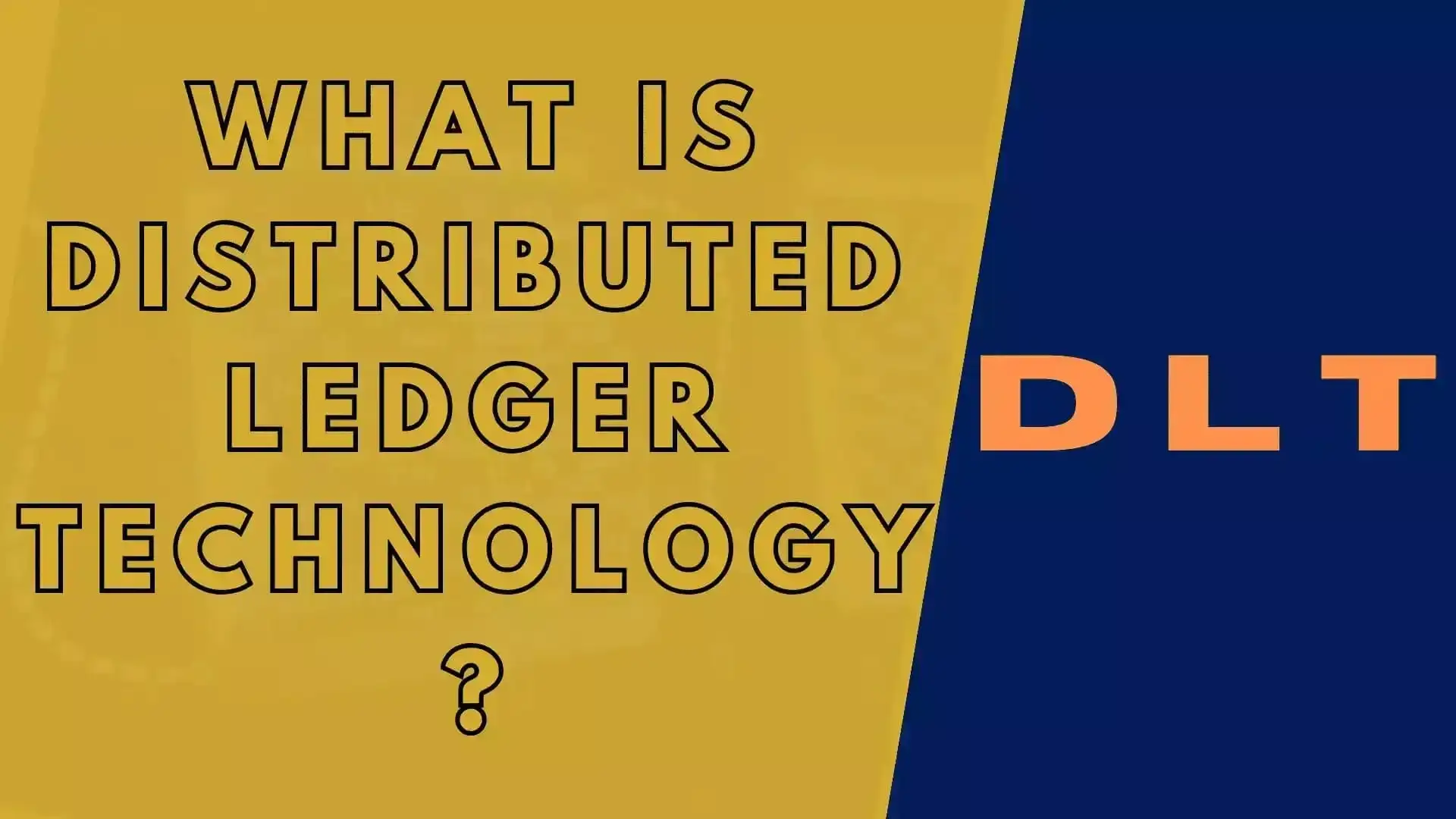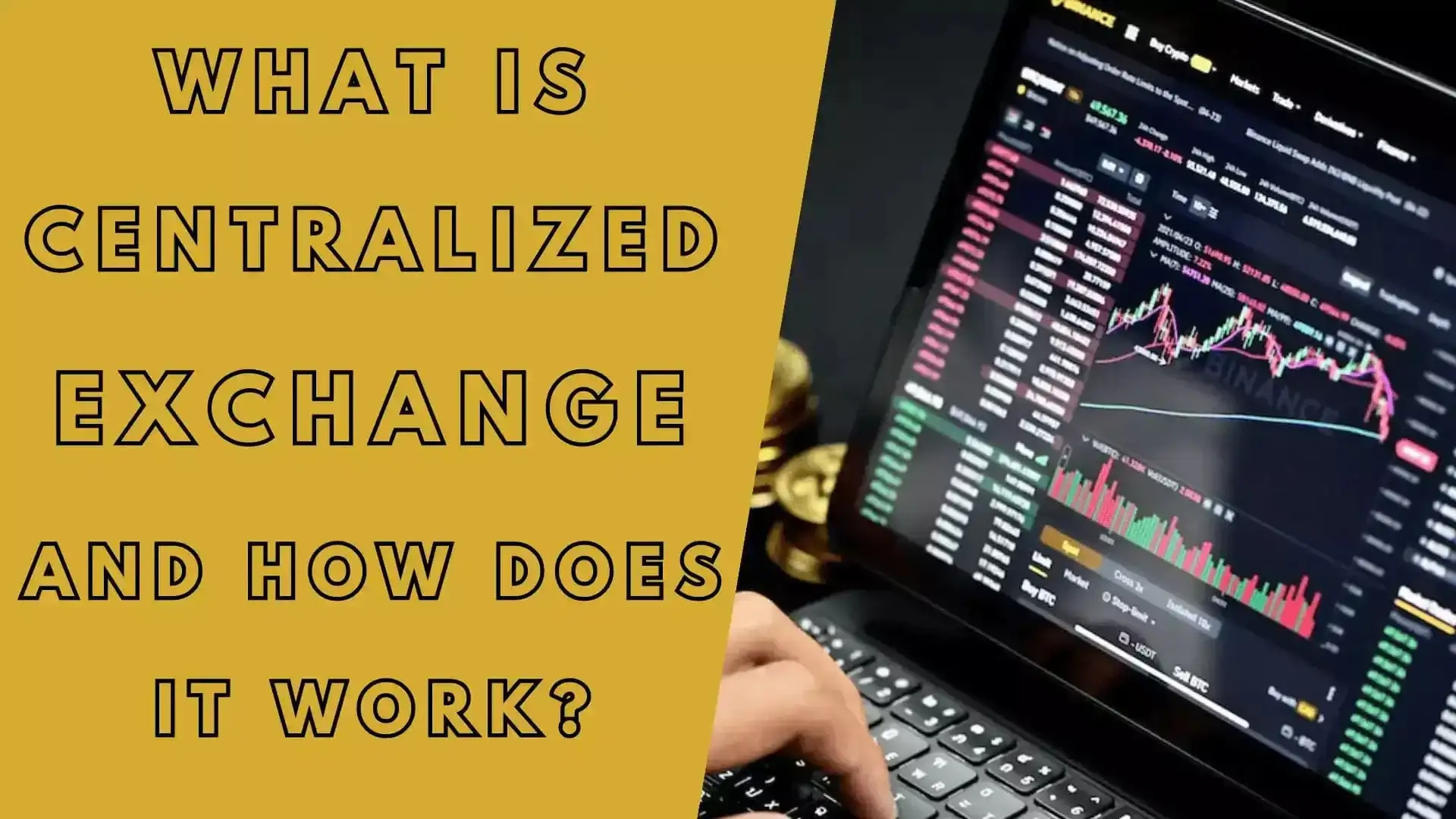Distributed Ledger Technology (DLT)
Distributed Ledger Technology (DLT) is a decentralized and secure system that enables the recording, sharing, and synchronization of data across multiple participants or nodes. It provides a transparent and immutable record of transactions or any digital asset.
DLT works by distributing and replicating a ledger among multiple nodes in a network. Each node has a copy of the entire ledger, and every transaction or change to the ledger is agreed upon through a consensus mechanism. This consensus mechanism ensures that all participants in the network reach agreement on the validity of transactions.

Posted on 26 Nov 2023
There are different types of DLT, including:
- Blockchain: This is the most well-known type of DLT, which uses a chain of blocks to record transactions. Each block contains a list of transactions, and each block is linked to the previous block through cryptographic hashes, forming a chain. Blockchain is characterized by its immutability, transparency, and resistance to tampering.
- Directed Acyclic Graph (DAG): DAG-based DLT does not use a sequential chain of blocks like blockchain. Instead, it uses a graph structure where transactions are linked together. DAG-based systems enable parallel processing and scalability.
- Hashgraph: Hashgraph is a consensus algorithm that achieves distributed consensus without the need for proof-of-work or proof-of-stake. It uses a directed acyclic graph (DAG) to record transactions and achieves fast and fair ordering of transactions.
DLT provides several benefits:
- Decentralization: DLT removes the need for a central authority, making it resistant to censorship and single points of failure.
- Transparency: All participants have access to the same ledger, promoting transparency and accountability.
- Security: DLT uses cryptographic techniques to ensure the integrity and security of transactions and data.
- Efficiency: DLT eliminates the need for intermediaries and streamlines the process of record-keeping and transaction settlement.
DLT has various applications beyond cryptocurrencies, including supply chain management, financial services, voting systems, real estate, healthcare, and more.





